Research

Reseach on hardware Trojan
Hardware Trojans are malicious circuits that are secretly inserted into IC chips and circuit boards. They have received widespread attention when news about concerns about contamination into LSIs for 5G is taken up. The goal of the research is...

Reserch on NAM (Nano-artifact Metrics)
The distribution of counterfeit products or parts with high added value causes disruption to the supply chain, such as disadvantages for legitimate vendors and users. If you can create a unique tag which is physically difficult to create the same thing, you...

Research on evaluation techniques for detecting LSI vulnerabilities
In today's information society, not only information terminals such as smart phones and computers, but also cars, machine tools in factories, and many other things are electrically controlled. There is a growing concern about the risk of leakage of confidential information and malfunction of these electronic...
Researcher
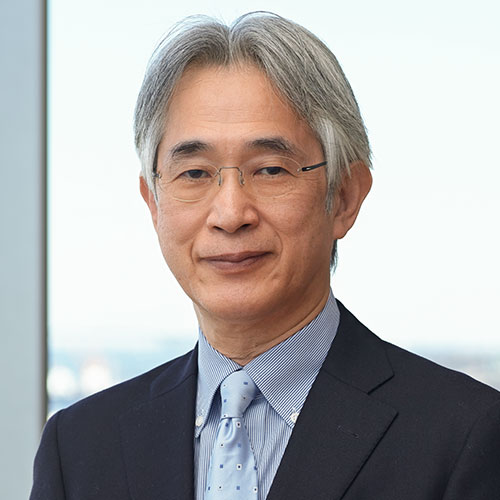
Shinichi Kawamura
1985 Completed the master's program at the Department of Electrical Engineering, Graduate School of Engineering, the University of Tokyo. Doctor of Engineering from the University of Tokyo (1996). Currently, Deputy Director of Cyber Physical Security Research Center, National Institute of Advanced Industrial Science and Technology and Leader of Hardware Security Research Team. Specializes in cryptographic implementation and hardware security.

Kentaro Imafuku
Received his Ph.D. degree from Waseda University. After professional experiences in Waseda university, University of Rome Tor Vergata (JST/JSPS overseas young research fellowship), and the University of Tokyo, working in National Institute of Advanced Industrial Science and Technology as a senior researcher. Conducting theoretical researches on applications of physics and information theory to computer science and engineering.
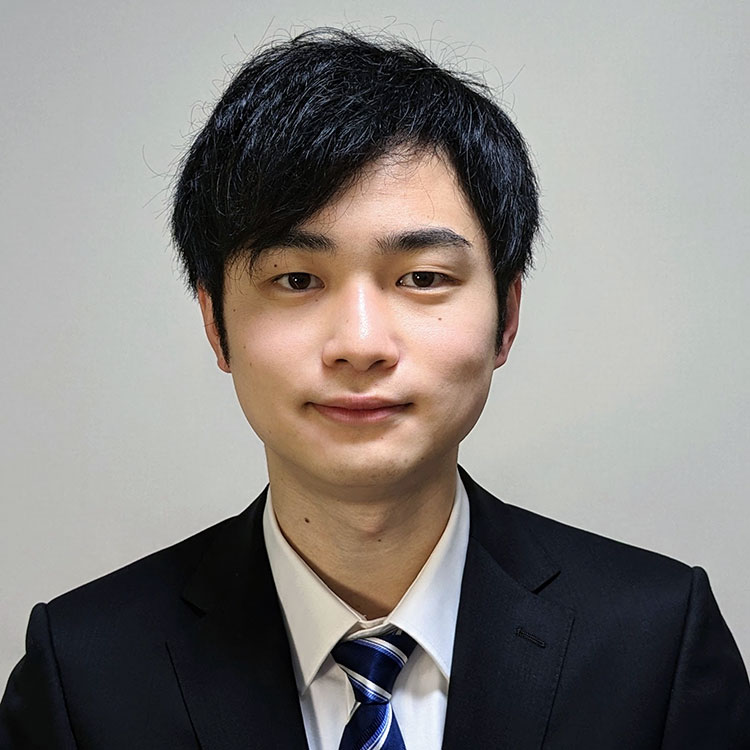
Ryo Iijima
Ryo Iijima received his M.E and Ph.D degrees from Waseda University, in 2019 and 2022, respectively. He is currently working as a researcher at National Institute of Advanced Industrial Science and Technology. Research interests: analog signals, bio signals, biometrics, sensor security.

Saki Osuka
Saki Osuka received her M.E. and Ph.D. degrees from Nara Institute of Science and Technology, Japan, in 2019, and 2022, respectively. She is currently working as a researcher at National Institute of Advanced Industrial Science and Technology. Research interests: side-channel analysis, fault injection attack.

Junichi Sakamoto
Junihci Sakamoto received his M.I.S and Ph.D. degrees from Yokohama National University, Japan, in 2017, and 2020, respectively. He is currently working as a researcher at Yokohama National University and National Institute of Advanced Industrial Science and Technology. He has engaged in various researches with respect to hardware security, efficient implementations of the cryptographic algorithms, side-channel attacks, and laser-based fault attack. He is currently interested in remote-based physical attacks and hardware implementation of homomorphic encryptions.

Hikaru Nishiyama
2024 Ph.D. in Engineering, Nara Institute of Science and Technology He is currently working as a researcher at National Institute of Advanced Industrial Science and Technology.Specializes in hardware security (side-channel attack, fault injection attack etc), and electromagnetic compatibility.

Shungo Hayashi
Research Assistant
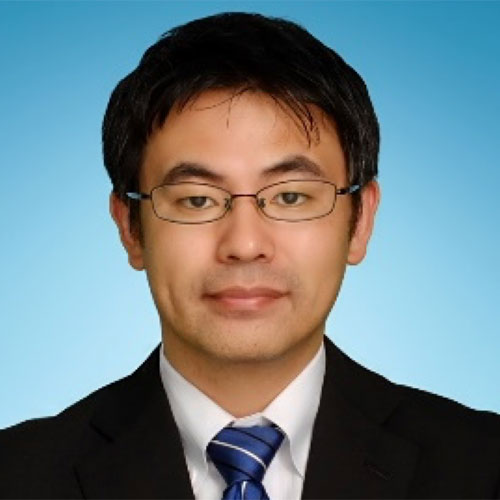
Yohei Hori
2004 Doctoral Program in Functioning Systems, Graduate School of Engineering, University of Tsukuba, Japan. PhD (Engineering). He is currently a senior researcher in the Advanced CMOS Technology Research Group, Device Technology Research Institute (D-Tech), National Institute of Advanced Industrial Science and Technology (AIST). He concurrently works for Cyber Physical Security Research Center (CPSEC) and AI Chip Design Open Innovation Laboratory (AIDL). His research interests include FPGA and hardware security.

Makoto Nagata
Makoto Nagata is a professor of the graduate school of science, technology and innovation, Kobe University, Japan. He is also an invited senior researcher of cyber physical security research center, The National Institute of Advanced Industrial Science and Technology (AIST). His research interests include design techniques targeting high-performance mixed analog, RF and digital VLSI systems with particular emphasis on power/signal/substrate integrity and electromagnetic compatibility, testing and diagnosis, three-dimensional system integration, as well as their applications for hardware security and safety.

Yuichi Hayashi
Ph. D. degree: Information Sciences, Tohoku University, 2009. Since 2017, Professor, Graduate School of Science and Technology, Nara Institute of Science and Technology, Japan. RESEARCH INTERESTS: Hardware Security, Electromagnetic Compatibility (EMC), Electromechanical Devices (EMC)
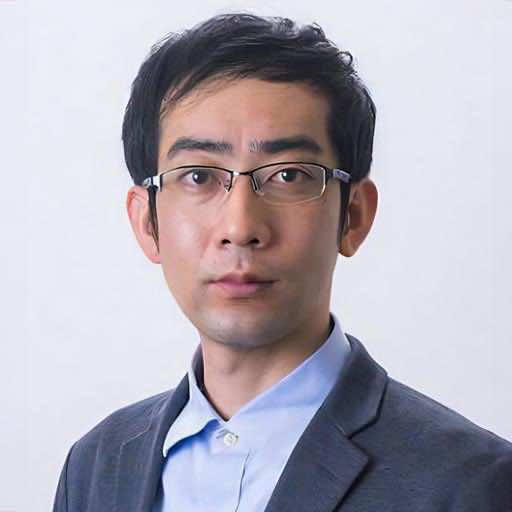
Daisuke Fujimoto
2014 Graduate School of Systems Informatics, Kobe University, 2014 (ph. D of engineering) After working as a postdoctoral researcher at Kobe University and Yokohama National University, he became an assistant professor at Graduate School of Advanced Science and Technology, Nara Institute of Science and Technology in 2017, and is currently an associate professor at the same university. Specialized in cryptographic implementation and hardware security

Hanae Nozaki
M.S. degree in Physics from Ochanomizu University in 1990. Ph.D. in Science from Ochanomizu University in 1998. Currently, Invited Senior Researcher of Hardware Security Research Team, Cyber Physical Security Research Center, National Institute of Advanced Industrial Science and Technology (AIST). Research interests: cryptographic implementation and side-channel analysis
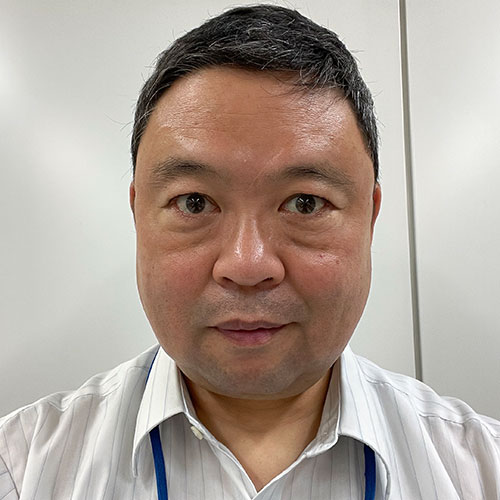
Kaoru Sumiya
Technical staff

Chikara Morofuji
Technical staff
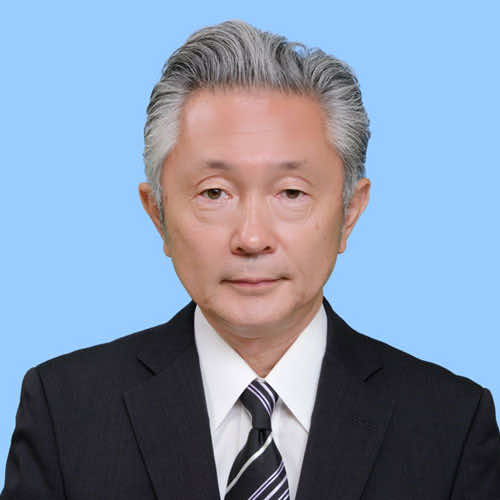
Seiji Nakajima
Technical staff

Yuichi Komano
Invited Researcher

Rui Ishiyama
Invited Researcher
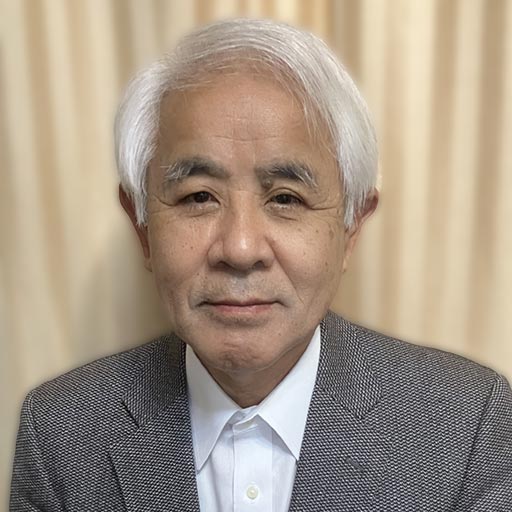
Morihisa Hoga
Received his Ph.D. degree in Engineering from Department of Mechanical Engineering, Faculty of Engineering, Graduate School, Kyushu University (Doctoral course for working people) in 2011. Research interest: Artifact metrics, Micro and nano fabrication, Electron-, nanoimprint- and photo- lithography.
